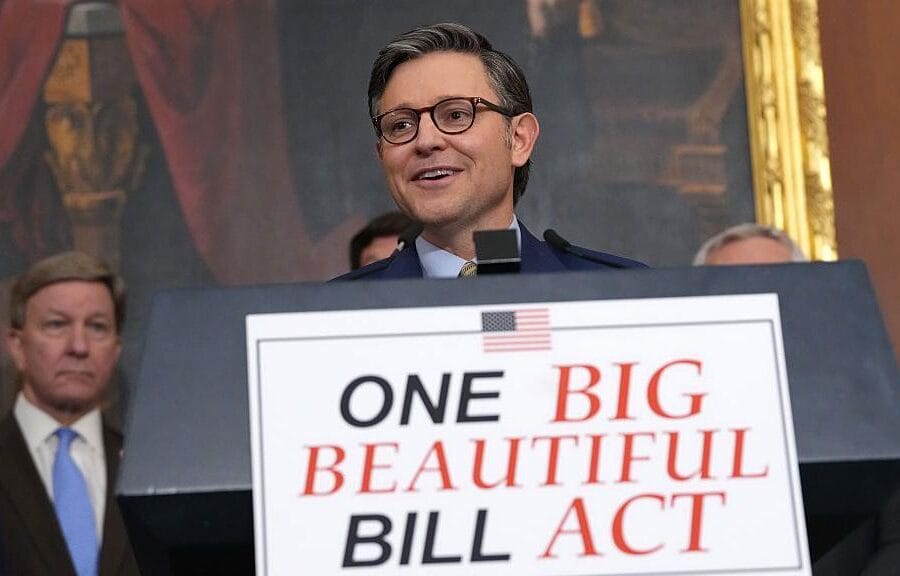
As we commemorate President Abraham Lincoln’s birthday today (February 12, 1809), reflecting on his life inspires us in our work to secure comprehensive protection of human life from conception to natural death. While Lincoln’s accomplishments as president—including his drive to secure “a new birth of freedom”—are most familiar to Americans, his political actions and speeches in the 1850s that set the stage for his campaign for the presidency are worthy of reflection.
In his Peoria speech of October 1854 against the Kansas-Nebraska Act and its expansion of slavery, Lincoln opposed the extension of slavery on the basis of principle: “If the negro is a man, why then my ancient faith teaches me that ‘all men are created equal;’ and that there can be no moral right in connection with one man’s making a slave of another.”

In the 1850s, Lincoln skillfully pursued the building of a political party, in Illinois and across the country, which would be able to elect an anti-slavery candidate as President. He articulated fundamental principles of freedom and justice in political debate with unusual eloquence, conviction, and insight. His writings and speeches include reflections on freedom, justice and prudence in politics that can guide thoughtful Americans today.
To highlight just one example as president, Lincoln’s Emancipation Proclamation of January 1, 1863 has been dismissed by some as a “cynical and meaningless document” while others have derided it as having “all the moral grandeur of a bill of lading.” But Lincoln artfully wrote it, conscious of his constitutional limits as commander in chief, to have a significant impact in undermining the rebellion, shortening the war, and giving permanent freedom to as many slaves as possible. With the expectation of a legal challenge in the courts, he wrote it—as Lincoln scholar Paul Finkelman put it– “as narrowly focused and as constitutionally solid as possible.”
Whether any proclamation could be effective in any way was conditioned by constitutional, political and military factors. Without securing these necessary supports, an ill-timed proclamation could have fallen apart, split the Union further, divided the Army, and resulted in rebel victory, which would have effectively reinforced slavery for the foreseeable future.
Lincoln’s record is one of thoughtfully struggling against enormous odds to achieve the greatest measure of justice possible in the face of the political obstacles of his time.
The cause for life is committed to protecting human life in America and thereby restoring America as an example to other nations. Working within the limits of our constitutional system and democratic republic, our challenge is to skillfully confront the enormous obstacles and entrenched interests that are committed to destroying life and persevere in building institutions, legal frameworks, and cultural movements that will protect human life at all stages of development.
May we be guided and inspired by Lincoln’s principles, prudence, and perseverance.



